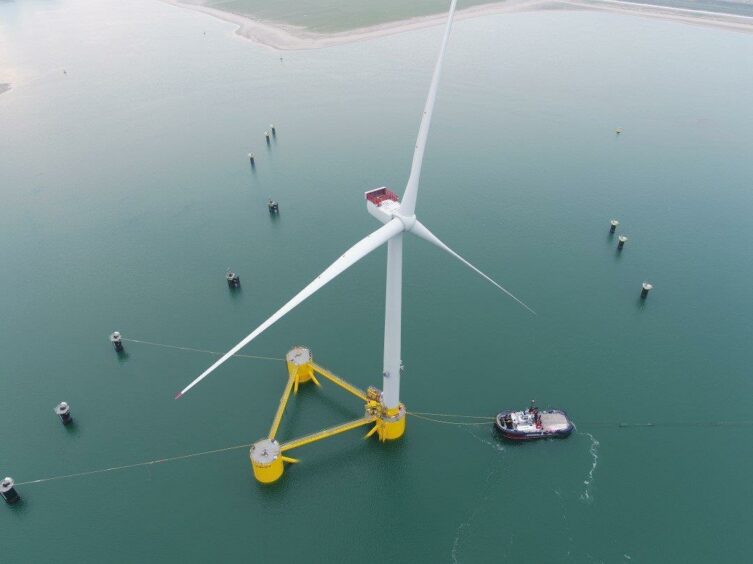
Wind sits at the centre of any credible plan to build a net zero economy by 2050. The technology for large-scale offshore wind is proven. Moreover, it has become one of the cheapest forms of electricity, with costs falling by two thirds in the last five years.
UK wind generation capacity is 10.4GW, and is targeted to reach 40GW by 2030, and over 100GW by 2050. The anticipated impact is impressive: by 2030 it is hoped UK offshore wind will support 60,000 jobs, and attract around £20bn of private investment.
Globally, the offshore wind pipeline stands at 413GW, with China scheduled to deliver 64.4GW, ahead of the UK’s 63.2GW, with 40.5GW slated in the US. To build an energy system fit for 1.5C even more will be required.
Significant barriers remain, however, including legislative hurdles, and technical factors like grid structures, planning regimes and environmental considerations. And perhaps the biggest challenge is ensuring major wind developments deliver the promised benefits for local supply chains and communities.
With this background, Energy Voice is launching its latest Tracking Transition series. Across four virtual events we will assess the wind sector’s development to date, and investigate what needs to happen to maximise its potential.
Session 1: ScotWind Spotlight, will be held on the 30th November. The first ScotWind round has the potential to yield 10GW of generating capacity, and has seen unprecedented interest with 74 applications received.
Together with our Principal Partner Orsted and an expert panel we will explore:
• Bid round mechanics: what’s working well, what could be improved.
• Comparison between the UK and Scottish systems.
• Bridging the gap between bids and developments.
• What ScotWind means for the UK supply chain and workforce.
• Future ScotWind rounds.
• ScotWind as a model for future UK and international bid rounds.
Subsequent sessions will provide a comprehensive review of the global wind sector, and are scheduled for March (UK State of Play), June (The Global Picture) and September (What Next?).
Recommended for you
